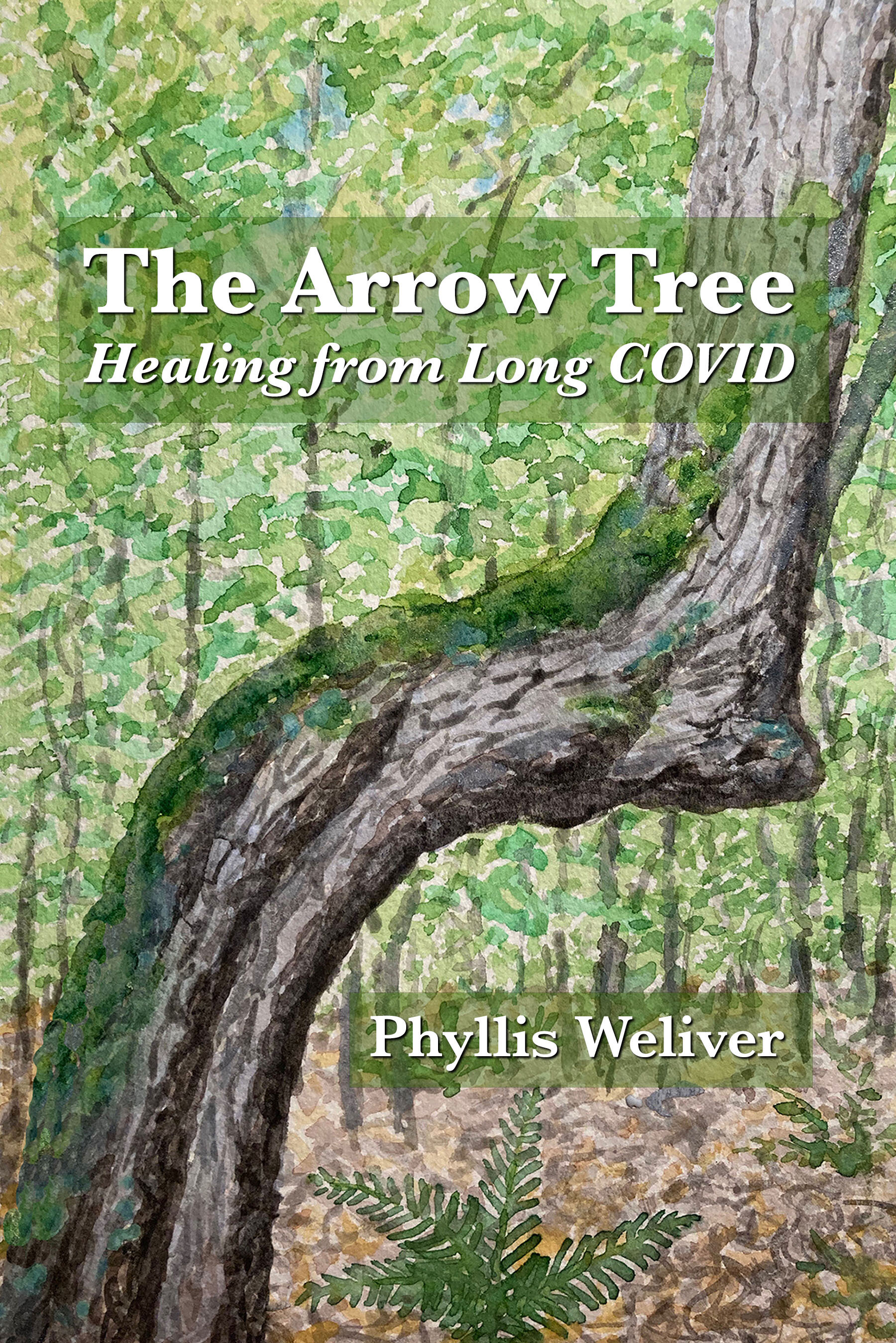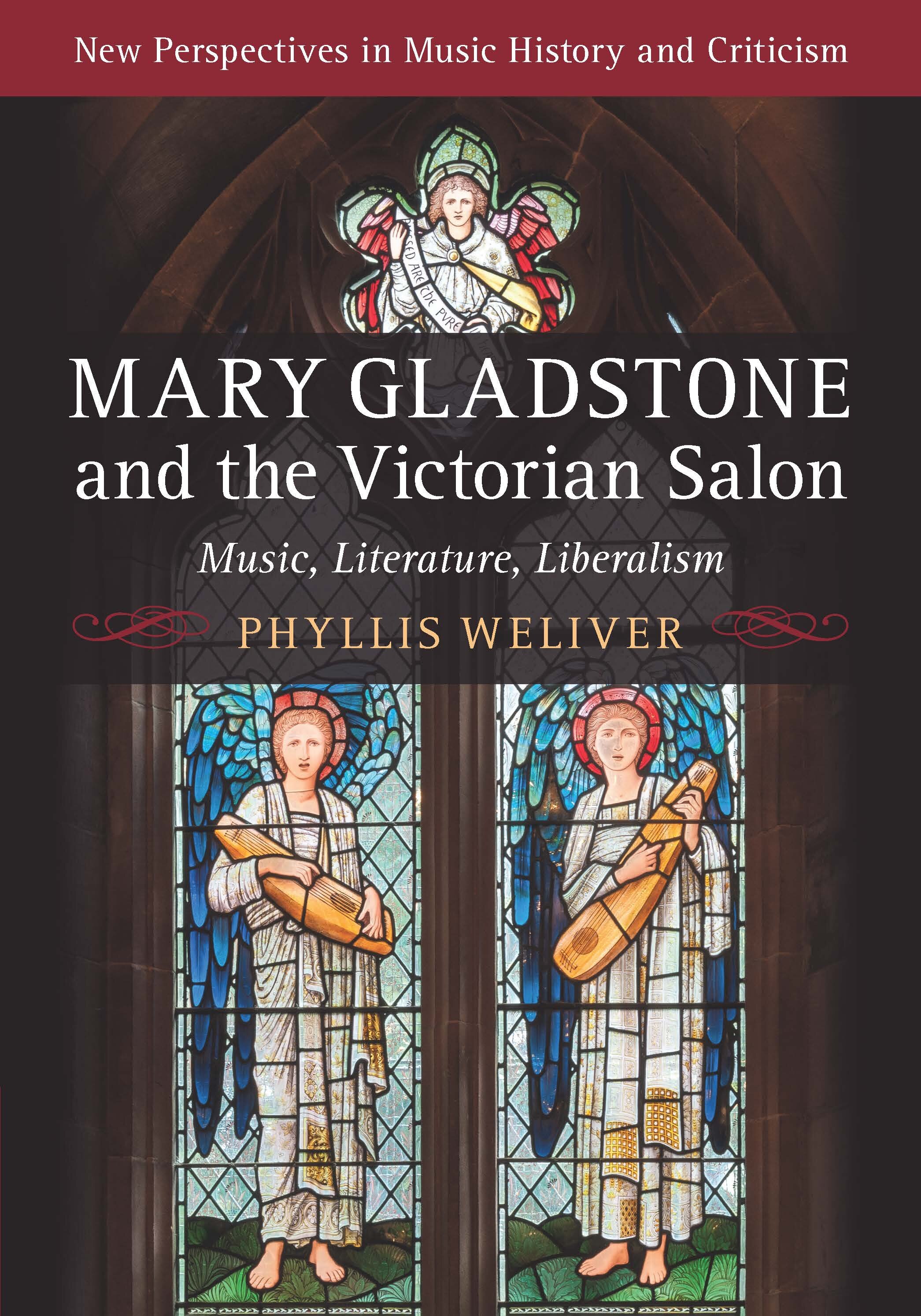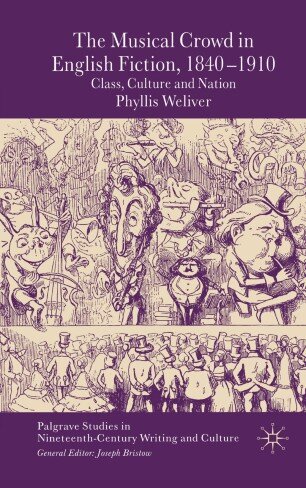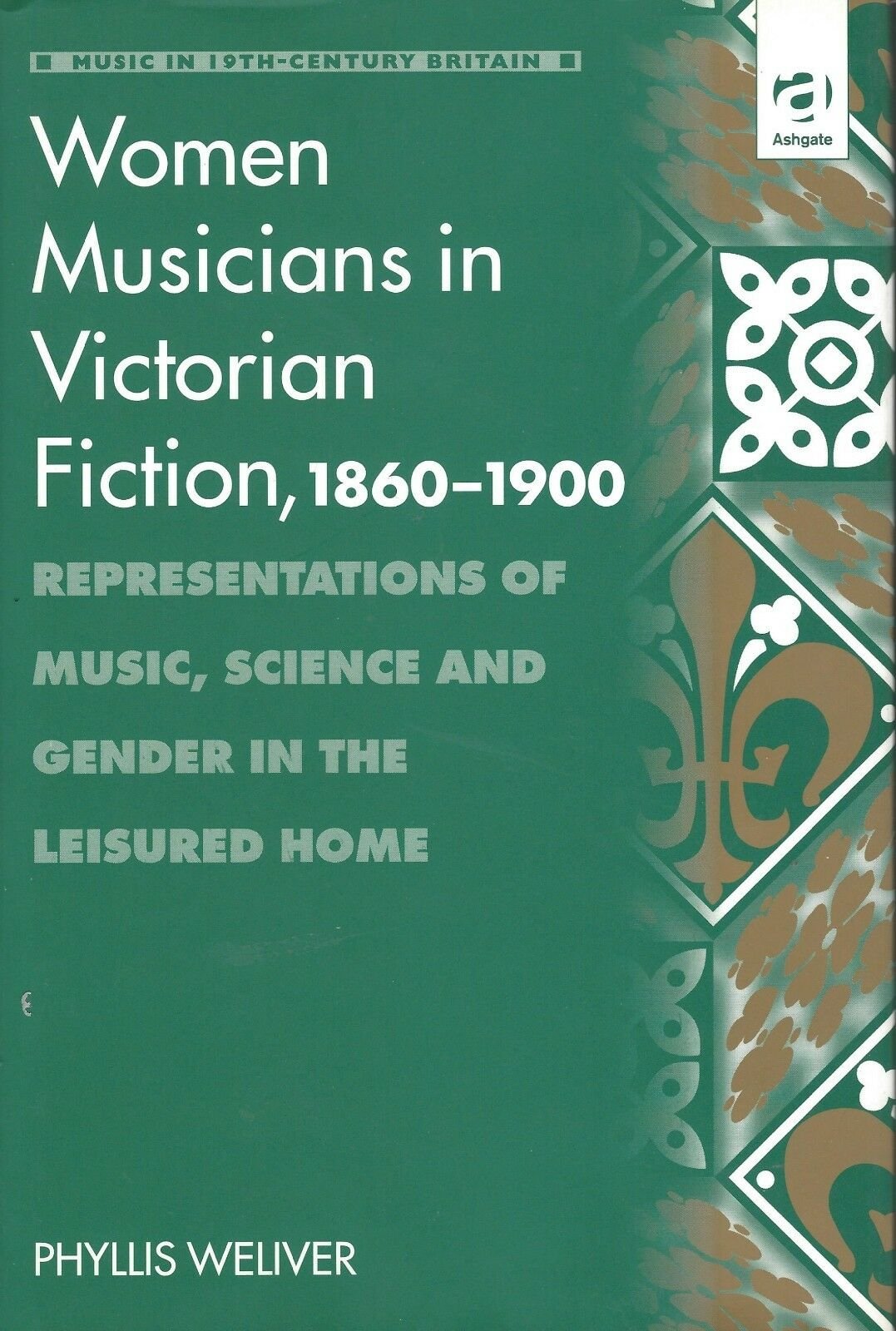Publications
All items are single authored, except where indicated.
Peer-reviewed
Monographs
Mary Gladstone and the Victorian Salon: Music, Literature, Liberalism. Cambridge University Press, 2017.
The Musical Crowd in English Fiction, 1840–1910: Class, Culture and Nation. Palgrave Macmillan, 2006.
Women Musicians in Victorian Fiction, 1860–1900: Representations of Music, Science and Gender in the Leisured Home. Ashgate, 2000; Reissued: Routledge, 2016.
Edited books & special issues
Phyllis Weliver and Katharine Ellis (eds), Reading Texts in Music and Literature of the Long Nineteenth Century. Boydell & Brewer, forthcoming 2025. Coursebook.
Linda K. Hughes and Phyllis Weliver (eds). Victorian Poetry 60.2. Special issue: Victorian Poetry and the Salon. (Summer 2022): 105–275. Journal.
Phyllis Weliver and Katharine Ellis (eds), Words and Notes in the Long Nineteenth Century. Boydell & Brewer, 2013. Edited volume of essays.
The Figure of Music in Nineteenth-Century British Poetry. Ashgate, 2005; Reissued Routledge, 2016. Specially commissioned edited volume of essays.
Articles (select)
“Wanting More: Oliver Twist as Beggar’s Opera.” Opera and British Print Culture in the Long Nineteenth Century. Eds Christina Fuhrmann and Alison Mero. Clemson University Press, 2022. 249–76.
Ewan Jones and Phyllis Weliver. “‘The Princess’ and the Tennysons’ Constructions of Childhood.” The Edinburgh Companion to Literature and Music. Ed. Delia da Sousa Correa. Edinburgh University Press, 2020. 452–63.
“The Parrys and Prometheus Unbound: Actualizing Liberalism.” Music and Victorian Liberalism: Composing the Liberal Subject. Ed. Sarah Collins. Cambridge University Press, 2019. 151–79.
“Liberal Dreaminess and The Golden Stairs of Edward Burne-Jones (1833–1898).” The British Art Journal 17.3 (Spr 2017): 55–63.
“A Score of Change: Twenty Years of Critical Musicology and Victorian Literature.” Literature Compass 8.10 (Oct 2011): 776–94.
“Wilde, Music, and the ‘Opium-Tainted Cigarette’: Disinterested Dandies and Critical Play.” This is an accepted manuscript of an article published by Taylor & Francis Group in Journal of Victorian Culture 15.3 on 10 Dec 2010.
Creative nonfiction book
The Arrow Tree: Healing from Long COVID. Exeat Imprints, 2021. Memoir. Nature Writing. Reviews.
Orcid iD: An identifier for authors of and contributors to scholarly work
The full list of my publications may be found on my cv.
Reviews (monographs)
Mary Gladstone and the Victorian Salon
‘in this significant monograph, Weliver has paved the way for further explorations of the Victorian musical salon, a vibrant performance space undoubtedly long overdue for reconsiderration.’ - Sophie Fuller, Music & Letters
‘Weliver’s literary case studies of Tennyson and Daniel Deronda are fascinating in all sorts of ways, and she makes effective and ingenious use of source documentation. […] What Weliver does so well in this study is capture an atosphere and suggest the mindset of this particular group. […] the social sensibilities and artistic enthusiasms of the Gladstone coterie.’ - David Wright, Journal of the American Musicological Society
‘In this innovative and illuminating study […] Weliver draws upon an impressive range of primary and secondadry sources, […] this fine book, which is placed firmly in the context of recent historiography, illustrates the ways in which an interdisciplinary study can enhance our understanding of the role and influence of the female hostess in the complex world of elite political culture during the late-Victorian period. As such, it sheds not only new light on the high-Victorian salon, a subject which has received relatively little scholarly attention hitherto, but also on the influence of affluent and privileged women on social change […] it also, inter alia, provides additional insights into the personality, politics and private life of William Gladstone himself.’ Roger Swift, Journal of Liberal History
‘With regard to British salon culture […] specific details on individual British gatherings and their music-practical habits [have remained] obscure. Phyllis Weliver addresses this research lacuna in her monograph […] It is these small asides which are of immense value on a larger intellectual scale that distinguish Weliver’s book from other (less critical) publications on salon culture.’ - Anja Bunzel, Nineteenth-Century Music Review
Earlier Monograph Reviews
“Phyllis Weliver, […] has produced, in [The Figure of Music in Nineteenth-Century British Poetry] and her monograph Women Musicians in Victorian Fiction […], a significant contribution to a subject area she has helped define.” - Francis O’Gorman, Music & Letters (2007)
In her review article on Victorian musicology, Ruth Solie writes of “the sophistication of Weliver’s readings, and their firm grounding in intellectual history” in Women Musicians in Victorian Fiction. “The second chapter, on ‘music, mesmerism, and mental science,’ may be the most fascinating […] Weliver provides a rich scientific history here, but at the same time she reads the science culturally: not only do these case studies involve music with suggestive frequency, but the iconic cases invariably involve a male doctor and a female patient, […] raising central symbolic questions of agency. Whose knowledge, and whose power, are revealed by these mesmeric – or later, hypnotic – demonstrations?” - Ruth Solie, “No ‘Land without music’ after all,” Victorian Literature and Culture (2004)
Of the “[c]ross-fertilization between the disciplines of musicology and English literature,” Stephen Banfield writes in his review article of Victorian musicology, “Here the key figure is Weliver, whose monograph The Musical Crowd in English Fiction […] may introduce a title referent - ‘crowd’ - odd to musicologists but offers an impressive introduction (followed by six case studies) in which the importance of music to the developing culture of association and survellience and its political significance in nineteenth-century Britain are made to dawn on us.” - Stephen Banfield, ‘‘What do you think of Stainer’s Crucifixion? Current Victorian musicology,” Journal of Victorian Culture (2010)


![9781843838111[1].jpg](https://images.squarespace-cdn.com/content/v1/540909c6e4b049b051299751/1609419380440-MTI09VKTVCAIP6PMJL0Y/9781843838111%5B1%5D.jpg)



